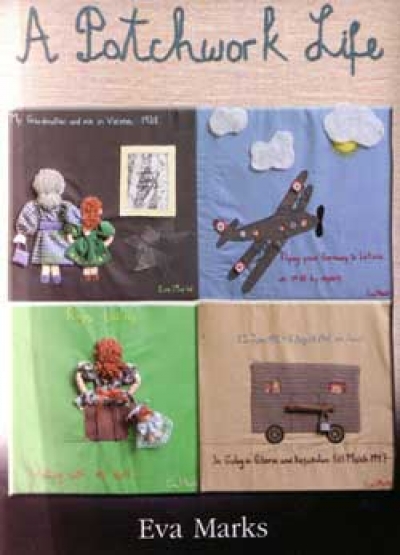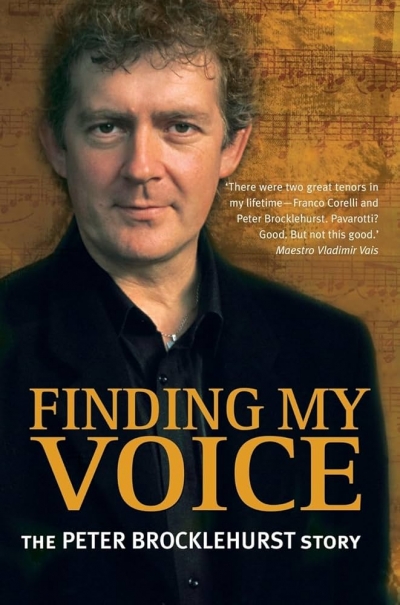New Holland
A Patchwork Life by Eva Marks & Point of Departure by Pamela Hardy
by Joy Hooton •
Finding My Voice by Peter Brocklehurst with Debbie Bennett & Wings of Madness by Jo Buchanan
by John Rickard •
Shockwave by Peter Haran & Flashback by Peter Haran and Robert Kearney
by Josh Wilson •
The Uncyclopedia by Gideon Haigh & Names From Here and Far by William T. S. Noble
by Fred Ludowyk •





